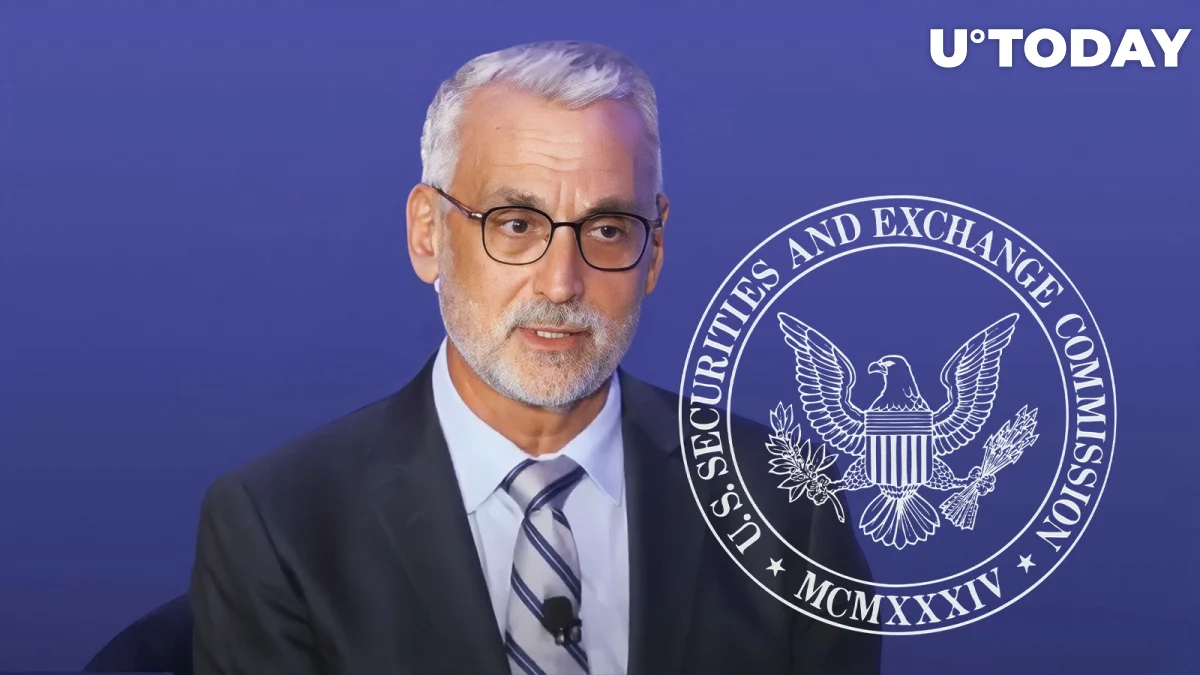
Leading Ripple attorney Stuart Alderoty has made the impartiality rules that apply to SEC staff public, perhaps hinting bias in the commission’s position on various digital currencies.
Alderoty points out that all SEC employees are required by federal law, as set forth in 5 CFR 2635.101(b)(14), to operate impartially and present an appearance of impartiality. If a reasonable person had access to the information, would they dispute the workers’ impartiality? is the question that the law then asks.
These remarks follow the publication of the “Hinman emails,” a collection of communications between William Hinman, a former SEC director, and SEC employees.
The emails discuss the categorization and regulation of various digital assets and were sent in advance of Hinman’s lecture in June 2018. In the cryptocurrency world, Hinman’s claim that Bitcoin and Ethereum were not securities in his opinion sparked rumours that the emails would show the SEC to be biassed in favour of Bitcoin and Ethereum.
The emails provide insight into the discussions held internally at the SEC prior to Hinman’s speech, including the use of the Howey Test to evaluate whether an asset qualifies as a security under U.S. law.
Despite some staff objections, Hinman went on to say in his address that the disclosure requirements of federal securities laws did not apply to Bitcoin or Ether, giving the appearance that different digital assets were treated differently.
The SEC’s current legal action against Ripple, in which Ripple is charged with selling unregistered securities, coincides with the revelation of the Hinman emails.
The legal team for Ripple has requested access to these communications as part of its defence plan. Alderoty’s tweets highlight Ripple’s worries and highlight potential flaws in the SEC’s approach to cryptocurrency regulation.


















